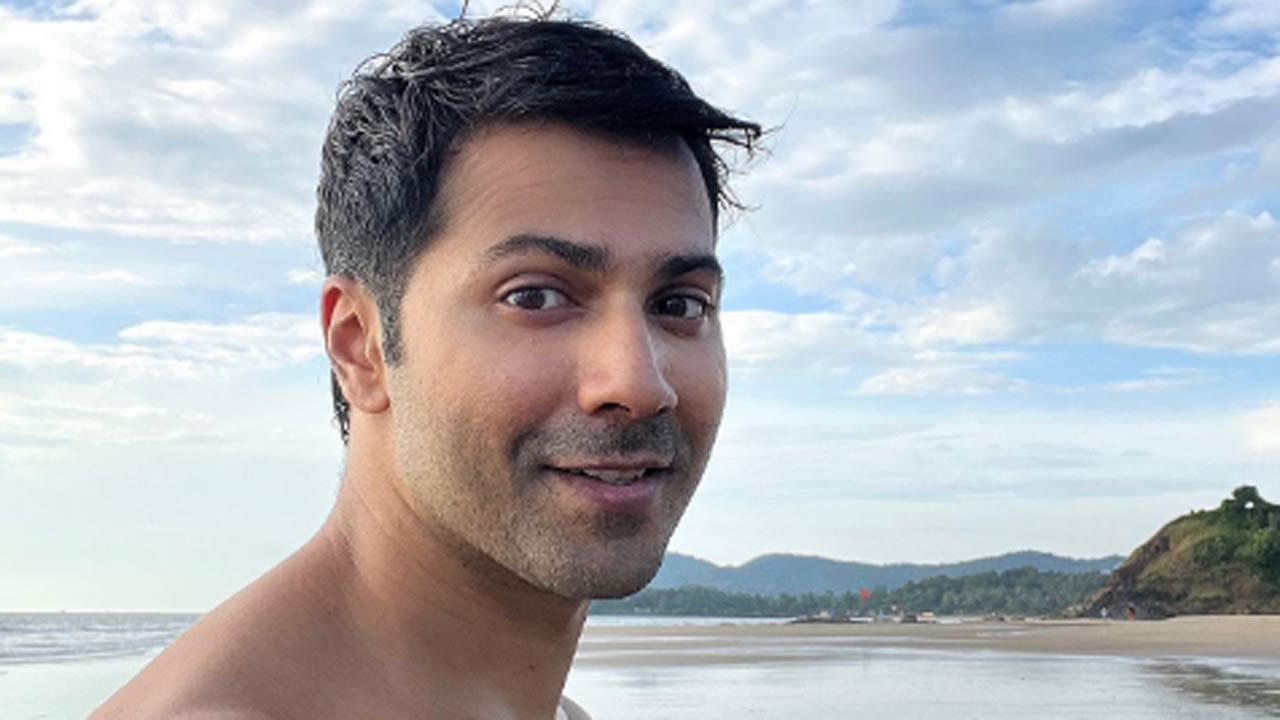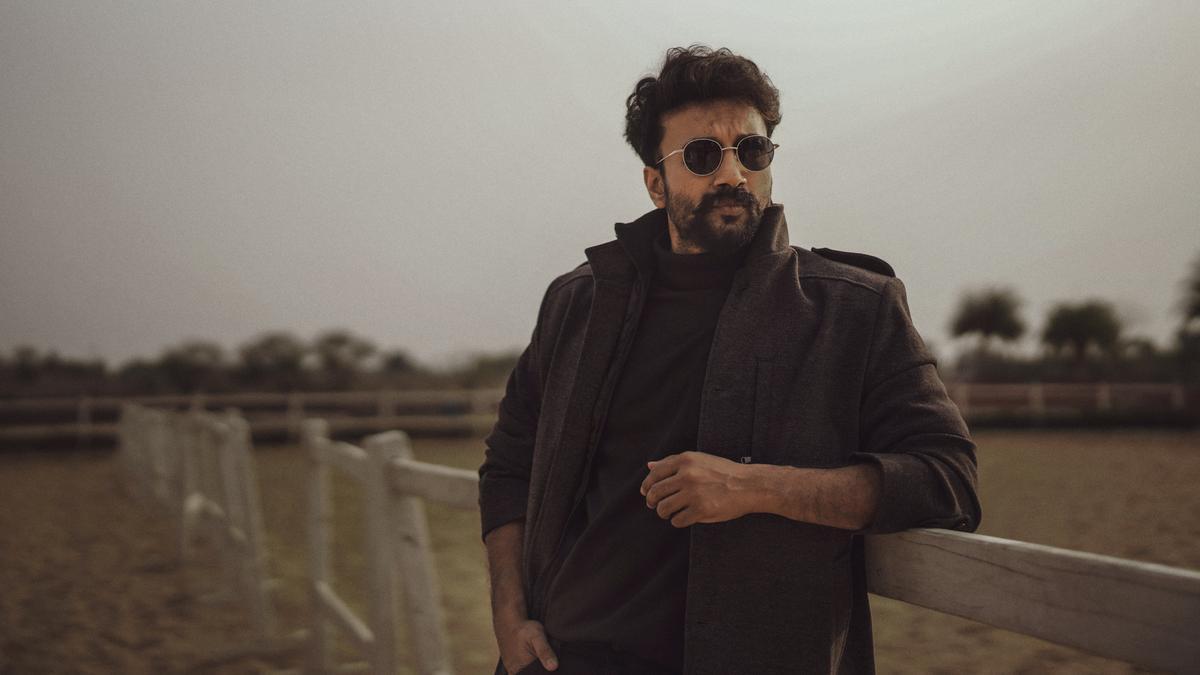
Pakistan’s wicketkeeper-batsman, Mohammad Rizwan, recently found himself in the eye of a storm following a tweet he posted in support of his teammate, Haris Rauf. The controversy erupted largely due to Rizwan’s reference to India in his tweet, sparking a heated debate across social media platforms. Despite this backlash, Pakistan’s cricket community has come together to support Rauf after a video of him engaging in a physical altercation with fans in the USA went viral on social media.
The incident occurred outside the team hotel, shortly after Pakistan’s abrupt exit from the T20 World Cup, held in the USA and West Indies. Pakistan’s loss to the USA was stunning, and it was compounded by a painful defeat to their arch-rival, India. These outcomes left many Pakistani fans heartbroken and disillusioned. While the exact reasons behind the confrontation remain unclear, it is believed that inappropriate remarks made by the fans sparked the incident.
In the video, Haris Rauf, clearly upset, was seen sprinting across a hedge towards a person in a blue T-shirt, despite efforts from his wife to restrain him. The rest of the group quickly intervened to prevent the Pakistani pacer from escalating the situation into a physical fight.
As Haris Rauf confronted the individual, who claimed he only wanted to take a selfie, tensions continued to rise. After others managed to separate the two and drew Haris away from the confrontation, he shouted, “Tera India nahi hai yeh” (This is not your India), suggesting that he believed the fan to be Indian. In a twist that caught everyone off-guard, the fan calmly replied, “Pakistan se hu” (I’m from Pakistan), leaving spectators stunned.
This particular interaction was the spark that ignited a broader debate and brought about a sub-plot within the incident itself.
In the wake of this controversy, Mohammad Rizwan, along with several past and present Pakistani cricket players, came forward to show their support for Haris Rauf. Unlike his colleagues, Rizwan’s tweet specifically mentioning India received significant backlash, especially from Indian fans.
Rizwan’s tweet read: “It is irrelevant whether the person who disrespected Haris Rauf was from Pakistan or India. What truly matters is that this individual lacked values and manners. No one has the right to disrespect any human being, especially in front of their family members. Such appalling behavior must be stopped. Values like tolerance, respect, and compassion are increasingly rare commodities,” Rizwan wrote on X.
.
It is irrelevant whether the person who disrespected Haris Rauf was from Pakistan or India. What truly matters is that this individual lacked values and manners. No one has the right to disrespect any human being, especially in front of their family members. Such appalling…
However, Rizwan’s post did not sit well with many, provoking a flurry of responses on social media. Here’s how fans reacted to Rizwan’s post:
– “Absolutely unnecessary to mention ‘India’ here when that fan himself claimed he’s from Pakistan.”
– “These Pakistanis are hungry for sympathy, aata, money & attention.”
– “Why do these Pakistanis always put their blame and dirt on India?”
– “True, why drag India into this esp when the fanboy, there wasn’t any fanboy moment though, himself says he is from Pakistan.”
– “How will everyone know about this incident if they don’t mention ‘India’?”
– “Have some shame man. It was clearly visible that he was from Pakistan.”
– “‘From Pakistan or India’ have some shame.”
The incident is unique in that it highlights the fragile and often tense dynamics between cricket fans in South Asia. It showcases how quickly emotions can flare and how social media can amplify those emotions, sometimes beyond rationality.
Adding to the discourse, Haris Rauf broke his silence after the altercation video went viral. He emphasized the significance of dealing respectfully with players, especially in such emotional circumstances. He highlighted how cricketers, like any public figures, can be deeply affected by confrontations and inappropriate interactions.
The broader cricketing community in Pakistan has largely viewed Haris Rauf’s actions with understanding and sympathy, considering the emotionally charged backdrop of the World Cup performances. On the other hand, Mohammad Rizwan, despite his good intentions, faced the brunt of criticism for his mention of India, which many felt was unwarranted and only served to inflame an already sensitive situation.
As this story continues to develop, it serves as a reminder of the passion and sometimes divisive nature of cricket in the subcontinent. One can only hope that such incidents encourage greater understanding and respect among fans in the future, both on and off the field.










